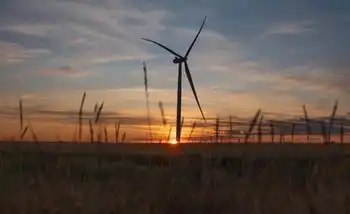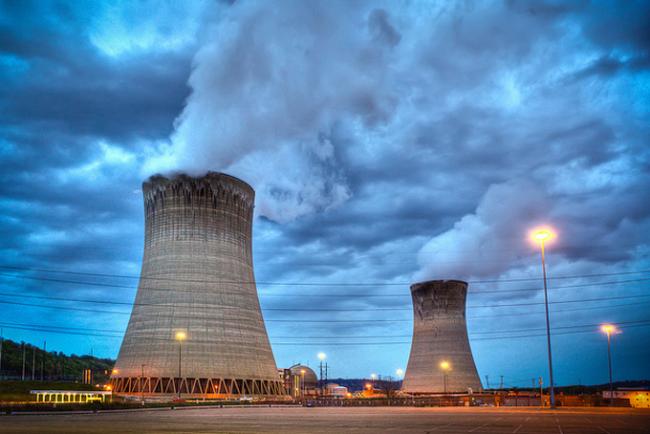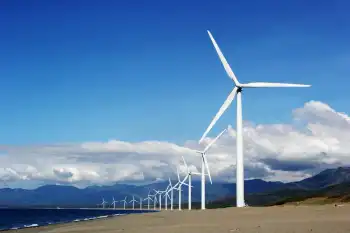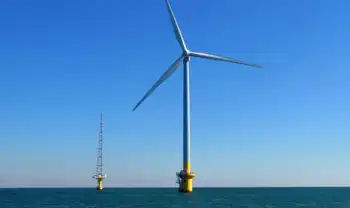Green group vows fight over King power plant
The environmental group says it will fight any move to use a 60-year-old Hydro 1 easement across the Cawthra Mulock Nature Reserve for a transformer connecting to the power plant. A transformer tower on a nature reserve would clearly be at odds with Ontario Nature's mandate to protect wild spaces, spokesperson Amber Cowie said.
"Opening the door to infrastructure in one of the few natural areas left is really not what we want to do."
Ontario Nature owns and manages the 109-hectare reserve, between Bathurst and Dufferin Sts. north of Green Lane, one property away from the proposed plant.
In December, Ontario Power Authority chose Pristine Power of Calgary to build the 393-megawatt, $365 million peaker plant, intended to handle peak periods and emergencies, and slated to be in operation by the end of 2011.
In a letter to OPA, Mark Carabetta, conservation science manager with Ontario Nature, said the terms of the easement dictate it can only be used by a government agency, not a private company. "Accordingly, the only option available is to swiftly nullify (OPA's) selection of Pristine and move to an alternative option," he concludes.
Jeff Myers, president of Pristine, said the nature reserve easement is only one of four options under consideration. But if the company were to run its transformer lines across the reserve, it would conform to the strict terms of the easement agreement, he said: "Hydro 1 connects to us, we don't connect to them."
Related News

Wyoming wind boost for US utility
WYOMING - US company Black Hills Energy has received regulatory approval to increase the size of its Corriedale wind farm in Wyoming to over 52MW from 40MW previously.
The South Dakota Public Utilities Commission approved the additional 12.5MW capacity after the Wyoming Public Service Commission determined the boost was within commission rules.
Black Hills Energy will install five additional turbines, raising the project cost to $79m from $57m.
Corriedale will be built near Cheyenne and is expected to be placed in service in late 2020.
Black Hills said that during the initial subscription period for its Renewable Ready program, applications of interest from…





